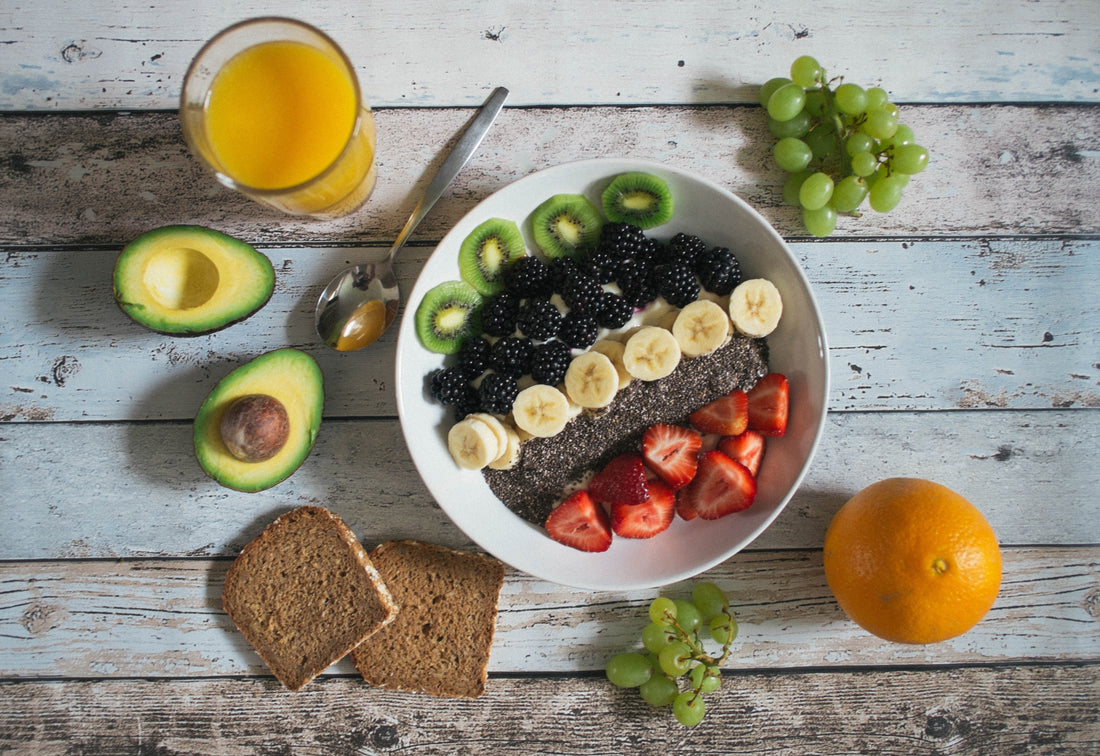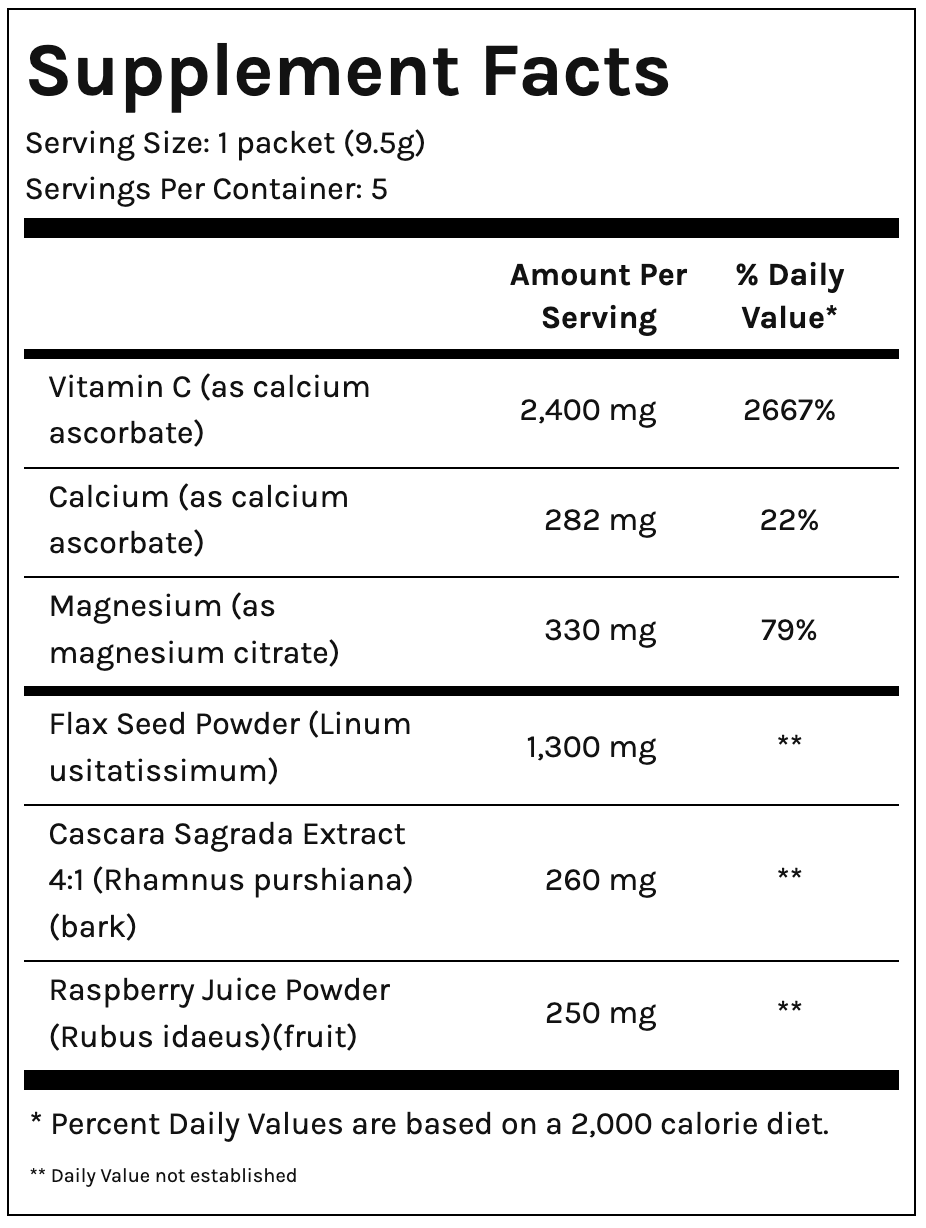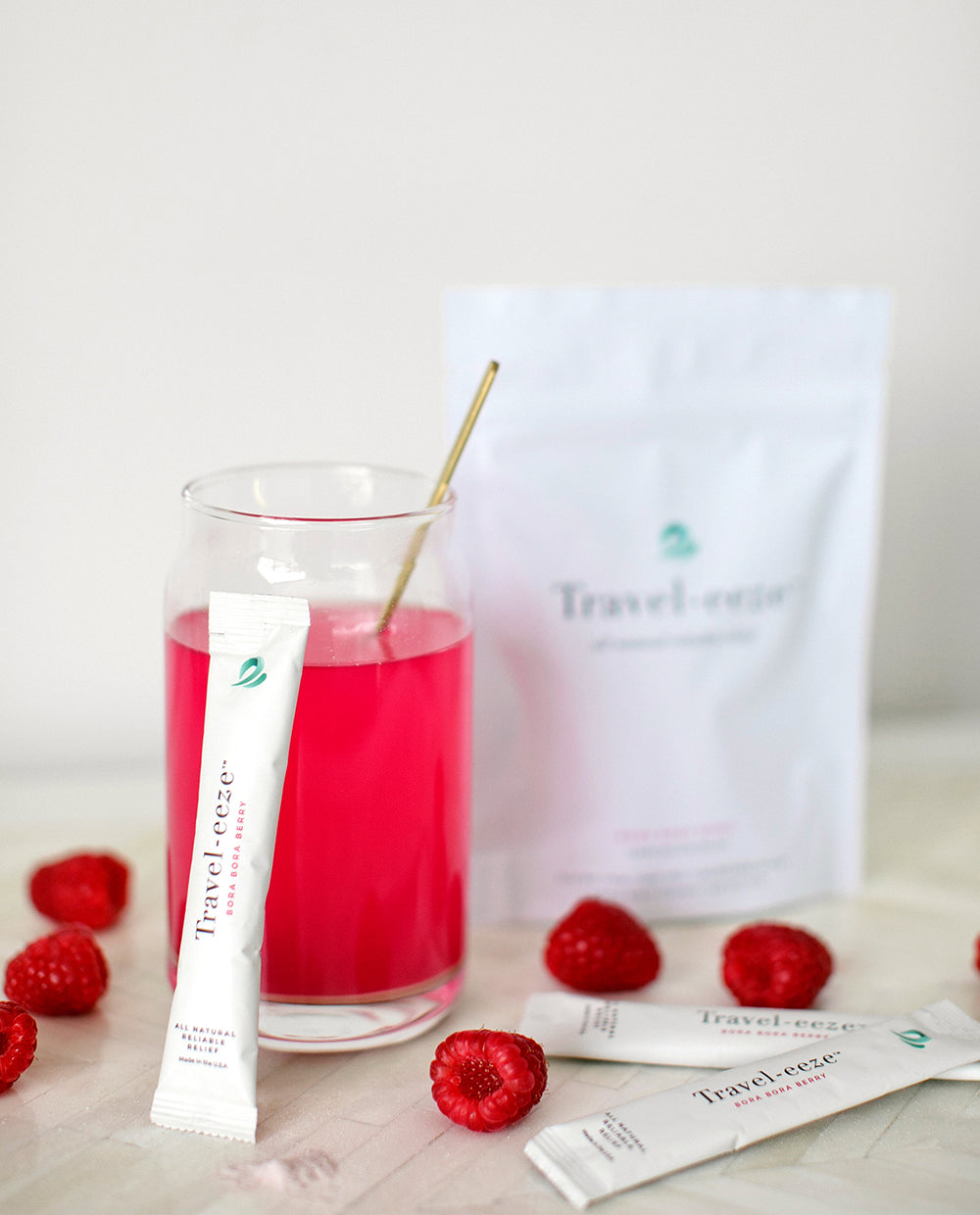Constipation is a stressful and uncomfortable experience. The technical definition of constipation is “three days without bowel movement” for most people. However, this varies widely from person to person.
Some people ordinarily move their bowels several times a day while others only do so a few times a week. Many health professionals would prefer to define constipation as when one significantly strays from their normal bowel movement pattern. When bowel movements are hard and require straining, this may also count as constipation.
What Causes Constipation
Before we discuss the foods that can give quick relief for constipation, let’s first talk about what causes constipation in the first place.
One leading factor is bad lifestyle choices. For constipation, this comes from not drinking enough water, not eating enough fiber, and not getting enough physical activity. Sudden changes to your usual routine such as eating or going to bed at different times, especially when you travel, can also cause constipation.
For those who are lactose intolerant, consuming large amounts of dairy products such as milk and cheese can cause bowel problems. Resisting the urge to move your bowels or holding it in can also cause constipation. Finally, stress can also be a major trigger for constipation and bowel problems in general.
Thankfully, you can relieve constipation and prevent reoccurrences with just a few changes to your diet. You can easily eliminate constipation by drinking a lot of water, getting some movement in, and eating foods rich in fiber.
Foods That Ease Constipation Fast
The most important nutrient to look out for is fiber. Fiber is a carbohydrate that helps with digestion and keeps things moving through your digestive system. Dietary fiber can be found in fruits, vegetables, whole grains, beans, nuts, and seeds.
According to the 2020-2025 Dietary Guidelines for Americans, the daily recommended amount of fiber to keep you regular is about 25 grams for women and 31 grams. This is about 2 to 5 servings of high-fiber foods. Of course, the best choice would depend on what else you’re eating. Opt for high-density fiber-rich foods that deliver the nutrients without getting you too full.
Chia Seeds and Flaxseed
Two tablespoons of chia seeds contain 10g of fiber while flaxseed has about 4g of fiber. The soluble fiber found in these seeds binds with water to create a gel-like consistency to encourage movement in your intestines.
Chia seeds can be used as is, while you can make the most of flaxseeds by having them ground. They can be mixed into foods such as waffle mix, sauces, smoothies, yogurt, and oatmeal, or you can seek supplements containing these ingredients. Ground flaxseed is a key ingredient in Travel-Eeze as it improves gut health and helps relieve constipation.
Fiber-rich Nuts
Nuts such as walnuts, almonds, and pecans are more fiber-rich than other nuts. They also contain another key ingredient that fights against constipation: magnesium, which helps digestive muscles relax. Tense or tight digestive muscles often result from constipation, making it hard for you to pass your stool. Magnesium also helps relieve anxiety and cramping that comes with and aggravates constipation.
Fibrous Fruits
What about fruits? Avocados are rich in magnesium and fiber, plus they pull water into your digestive tract to soften your stool. This combination gives you fast relief from constipation. Raspberries are another high-fiber food that can help relieve constipation fast. One cup of raspberries has about 9g of fiber. It’s also rich in other nutrients and antioxidants that can improve your overall health.
Foods With Vitamin C
Another nutrient that you shouldn’t overlook is Vitamin C. Foods rich in vitamin C can provide quick relief to constipation by supporting muscle relaxation and contraction. Incorporating foods and supplements rich in these nutrients into your diet can provide fast relief from constipation and prevent it from recurring regularly.
How Water Helps Fight Constipation
Dehydration is one of the most common causes of constipation. Water is important in softening your stool and encouraging movement. When you’re dehydrated, your stool becomes hard and difficult to pass. Fiber and water work together to soften your stool and make it easier to pass. Make sure you increase your water intake as your fiber intake increases.
When stool moves through your body easily, you also prevent straining and the likelihood of complications such as hemorrhoids. Natural laxatives with fiber, magnesium, and vitamin C can help you fight against constipation fast.
So how much water should you drink to prevent constipation? It may sound cliche, but make sure you get eight glasses of water in a day. If this sounds like a lot, simply drinking one cup an hour will help you meet your daily water intake. Stick to plain water for now. Carbonated or sparkling drinks can add to your bloating and discomfort, so will gulping your water or drinking through a straw since you’ll introduce air to your stomach.
Does Exercise Help Constipation?
Researchers have yet to find the best type of exercise to prevent or relieve constipation, cardio like walking or running may help you get your bowels moving. Adding strength training may also help.
The definite mechanisms of exercise’s effects on constipation are yet to be discovered. However, the most simple explanation is that exercise increases your heart rate and breathing rate, stimulating your sympathetic nervous system and getting things moving.
The opposite also helps – stimulating the parasympathetic nervous system (PNS) through deep breaths will help one relax and ease constipation symptoms.
Overall, physical activity also helps benefit your gut’s microbiome which helps ease constipation in the long term.
The Bottom Line
There are many possible causes of constipation including diverting from your usual routine, not consuming enough fiber, not drinking enough water, and not having enough physical activity. When constipation is a normal occurrence in your life, you put yourself at risk for bloating, reduced appetite, and complications such as impaction and hemorrhoids.
The best way to prevent constipation is to drink at least eight glasses of water every day and do regular exercise to keep your digestive system healthy and active. There is also quick relief from the right foods and supplements rich in fiber, magnesium, and vitamin C. Don’t let constipation stop you from enjoying the great things in life. Take Travel-Eeze with you on your next trip!





